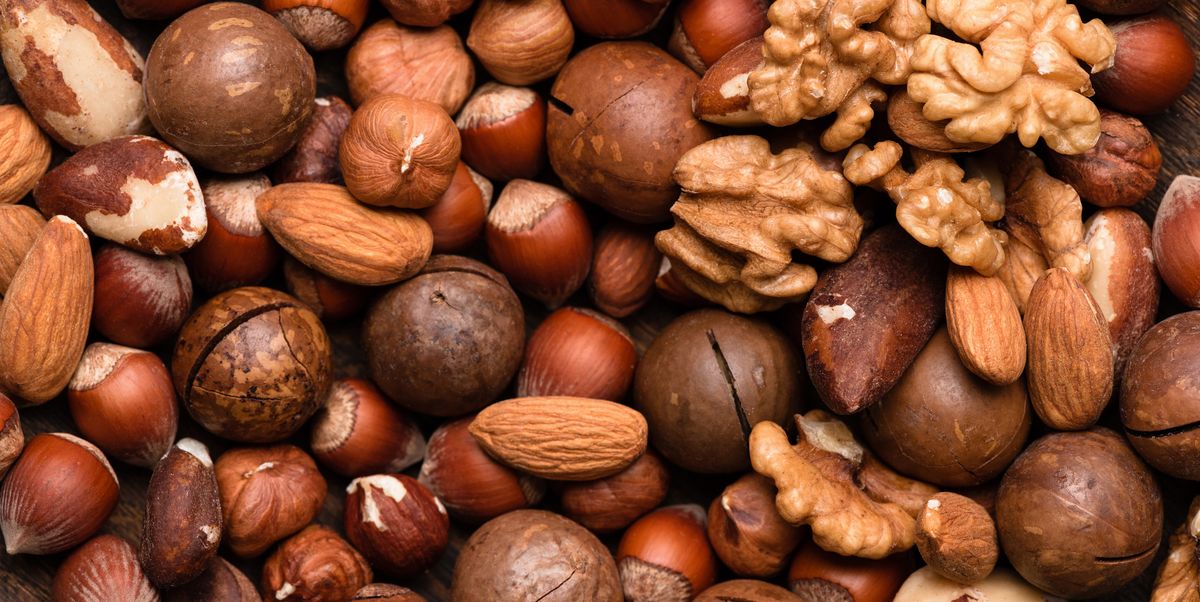So, are nuts good for you or not? Every other day there’s a new study that touts the benefits of nuts, while another rails against them. As with most things in life, there are pros and cons to eating nuts. In this article, we’ll explore both sides of the argument so you can make up your mind about whether or not to add nuts to your diet.
What are nuts?
Nuts are a type of tree fruit that grows in clusters on trees. There are many different types of nuts, including almonds, walnuts, chestnuts, hazelnuts, and peanuts. Nuts are a good source of protein, fiber, healthy fats, and vitamins, especially folate, B vitamins, and vitamin E. They are also loaded with minerals like iron, calcium, selenium, magnesium, manganese, phosphorus, zinc, and potassium. They can also be a nutritious snack or addition to a meal. However, some people may be allergic to nuts or have difficulty digesting them. Additionally, nuts can be high in calories and fat. Therefore, it is important to eat them in moderation.
Types of nuts
There are many different types of nuts, each with its distinct flavor and texture. Here are some of the most popular varieties:
-Almonds: These versatile nuts can be eaten whole, sliced, or as almond butter. They’re a good source of protein, fiber, and healthy fats.
-Cashews: Cashews are perfect for snacking on whole or chopped up in salads or trail mix. They’re also delicious in curries and other savory dishes.
-Hazelnuts: Hazelnuts have a sweet, rich flavor that’s perfect in baked goods or roasted and ground into a powder to use as a coffee substitute.
-Macadamia nuts: These creamy nuts are often used in dessert recipes or simply enjoyed on their own as a treat. They’re also lovely chopped up and sprinkled over yogurt or oatmeal.
-Pecans: Pecans are another type of nut commonly used in baking, but they’re also deliciously eaten whole or chopped up and added to salads.
-Walnuts: Walnuts are a great source of antioxidants and omega-3 fatty acids and make a wonderful addition to baked goods or as a topping for desserts
The pros of eating nuts
As nuts are rich in Vitamins and other nutritions, therefore, they can help you lose weight. Their richness in antioxidants, fatty acids, and omega-3 can improve your cholesterol level too.
Nuts have polyunsaturated fat thus it maintains cardio health well for instance heart disease, they can also make you as sharp as a knife helps in brain health too.
The cons of eating nuts
Though they are packed with nutrients and considered a healthy snack option, there are some downsides to consider when it comes to nuts. For starters, they’re high in fat and calories, which could lead to weight gain if you eat too many. Additionally, some people may be allergic to nuts or have trouble digesting them. Lastly, because of their small size, it’s easy to mindlessly eat a lot of them, which could consume more calories than you intended.
All in all, nuts are a nutritious and delicious addition to anyone’s diet. While they can be high in calories and fat, eating them in moderation can help to keep you feeling fuller for longer and provide important nutrients like fiber, protein, minerals, vitamins, and healthy fats. If you’re looking for a snack that packs a punch of nutrition without too many calories or sugar then nuts may be the perfect choice for you.













